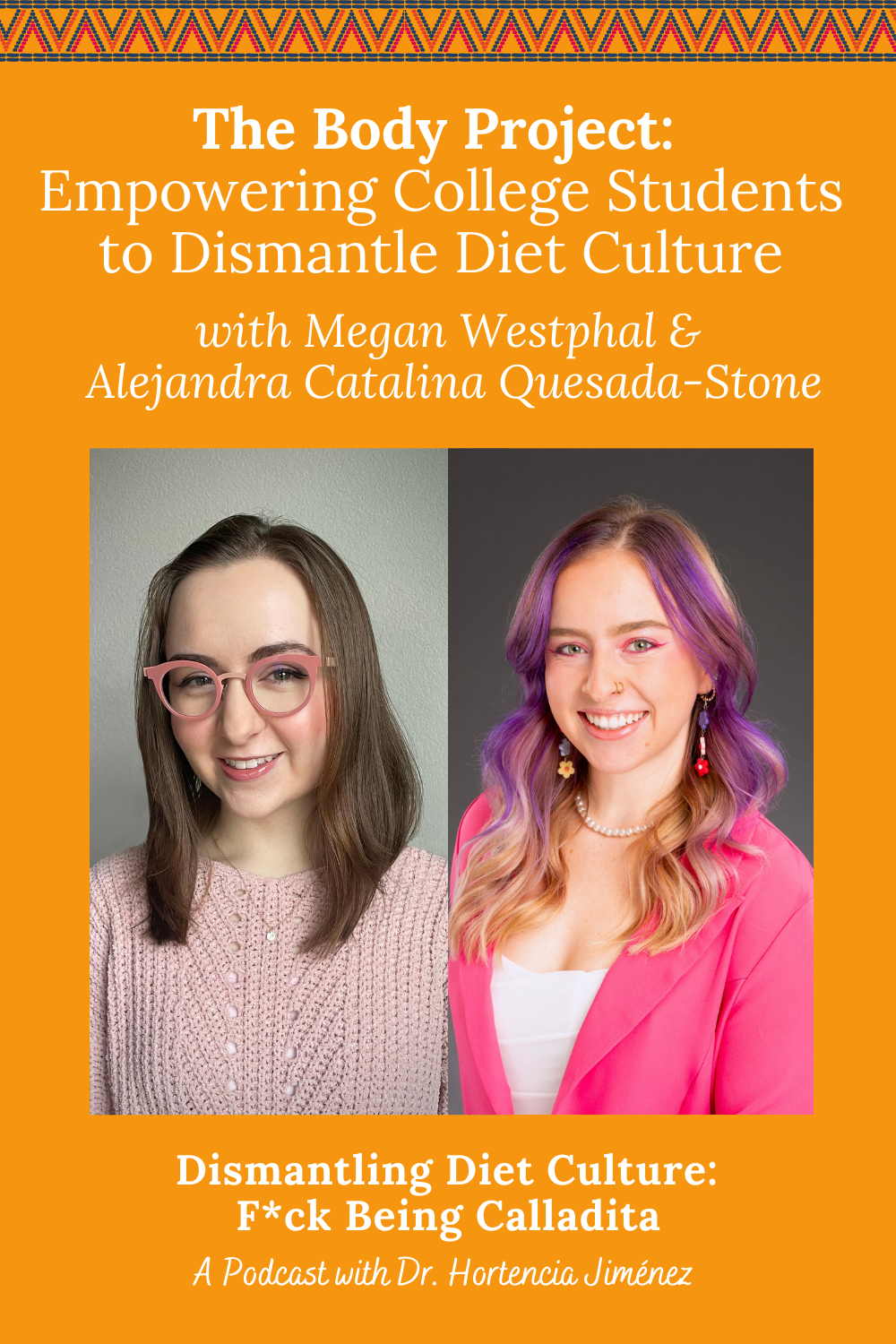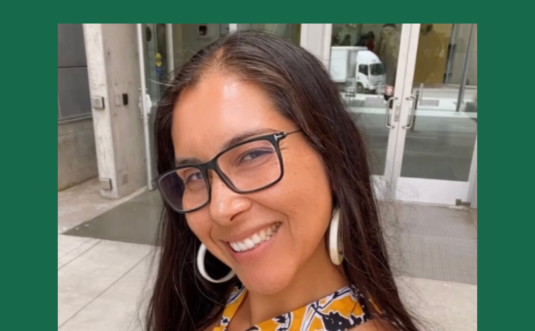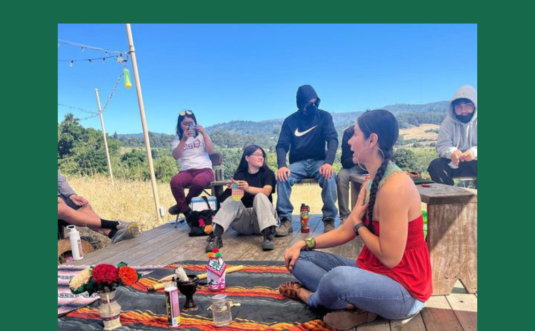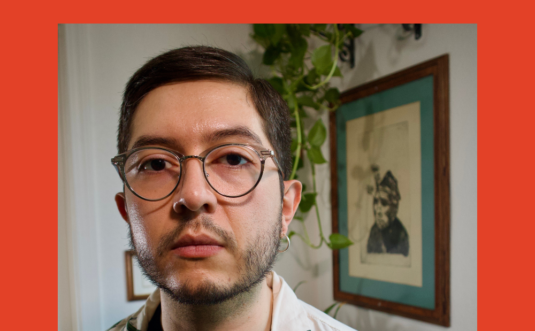Hola and welcome to another episode of Dismantling Diet Culture: Fuck Being Calladita, the only Spanglish anti-diet podcast that fuses a sociological lens, feminism, and intuitive eating coaching to help you challenge and overcome the grip of diet culture. As we delve into Episode 75, I am thrilled to introduce two inspiring college students and changemakers: Alejandra Catalina Quesada-Stone and Megan Westphal. Their innovative work through the Body Project at Colorado State University is creating waves in the fight against diet culture, and today, we’re sharing their transformative stories and invaluable insights.
From Personal Struggles to Advocacy: Megan’s Journey
Megan candidly shared her journey with an eating disorder that took root during her second year of college, exacerbated by the isolation and changes brought on by the pandemic. She recounted the lack of support from peers and even professors, who often stigmatized mental health issues. Despite her academic environment’s overwhelming systemic problems and lack of support, Megan found solace and encouragement through her close relationships. Her mother and her boyfriend, whose twin sisters had also battled eating disorders, provided a nurturing space that was crucial for her initial steps toward recovery.
Megan’s story emphasizes the importance of finding your tribe, and seeking out those who will support and uplift you. For students battling similar demons, she advises not to remain silent. It might be daunting, but reaching out to trusted friends, family, or mental health organizations like the National Eating Disorder Association (NEDA) can be life-changing. Through her path to recovery, Megan discovered a passion for advocacy, leading her to co-lead the Body Project alongside Alejandra.
Navigating Cultural and Systemic Barriers: Alejandra’s Story
Alejandra’s path is a powerful testament to resilience and the fight against systemic oppression. As an immigrant from Mexico, Alejandra faced a slew of compounded challenges, from navigating a predominantly white educational system to grappling with her biracial identity. The cultural shift and prevalent stigmatizing nicknames like “gordita” contributed to a fraught relationship with her body from a young age.
Her experiences highlight the intricate dance between cultural, societal, and personal factors that often fuel disordered eating behaviors. High school brought more turmoil with a traumatic experience of sexual assault, further compounding her struggles with bulimia. Despite the significant hurdles, Alejandra’s story is one of triumph. She has used her harrowing experiences to channel energy into meaningful change, especially for marginalized communities disproportionately affected by eating disorders but often overlooked by mainstream medical narratives.
Understanding the Multi-Component Nature of Eating Disorders
Both Megan and Alejandra’s stories shed light on a critical point: eating disorders are deeply multifaceted and systemic. It’s not just about the individual’s choices or behaviors, but a confluence of societal pressures, cultural stigmas, and institutional failures. From shaming practices within medical settings to the glorification of unhealthy body standards by media, these influences collectively shape one’s relationship with food and self-image.
This understanding is vital for anyone working with or experiencing eating disorders. We need to address not just the symptoms but the underlying systemic issues perpetuating these disorders. Raising awareness and advocating for more inclusive and effective support systems are crucial steps toward this goal.
The Birth and Evolution of the Body Project
The Body Project, inspired by resources from NEDA, stands as a beacon of hope. Recognizing the pressing need for peer-to-peer support in eating disorder prevention and body neutrality advocacy, Alejandra, and Megan have tailored the initiative to serve diverse communities effectively. The Body Project’s strength lies in its adaptability; it’s a flexible framework that can be molded to address the unique needs of specific communities, resonating deeply with those who participate.
Looking Ahead: Bridging Gaps and Building Communities
Reflecting on the incredible work of Alejandra and Megan, the importance of community support, systemic change, and cultural sensitivity in addressing eating disorders becomes glaringly evident. They are not just advocates; they are trailblazers turning their struggles into a source of strength for others. The Body Project promises to continue this vital work, expanding its reach and impact.
As we conclude this episode, I urge all listeners and readers to take inspiration from Megan and Alejandra. Whether you are struggling yourself or know someone who is, reach out, seek community, and challenge the oppressive systems around you. Healing is a communal effort and together, we can dismantle diet culture for a healthier, more inclusive future.




